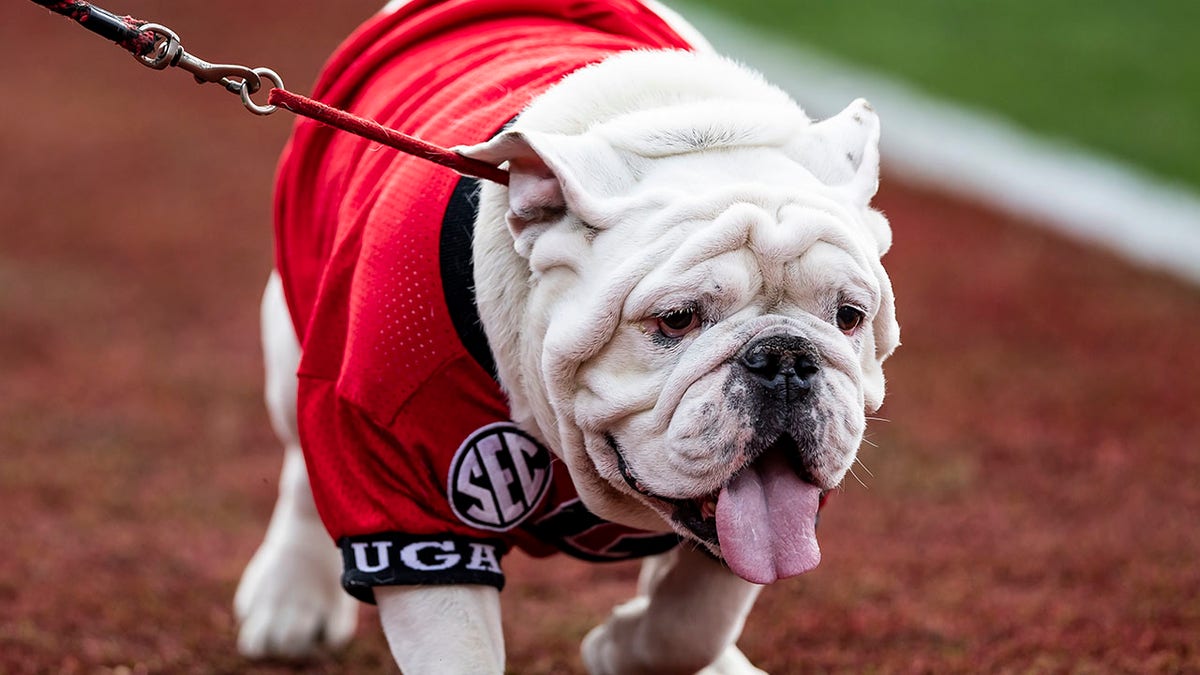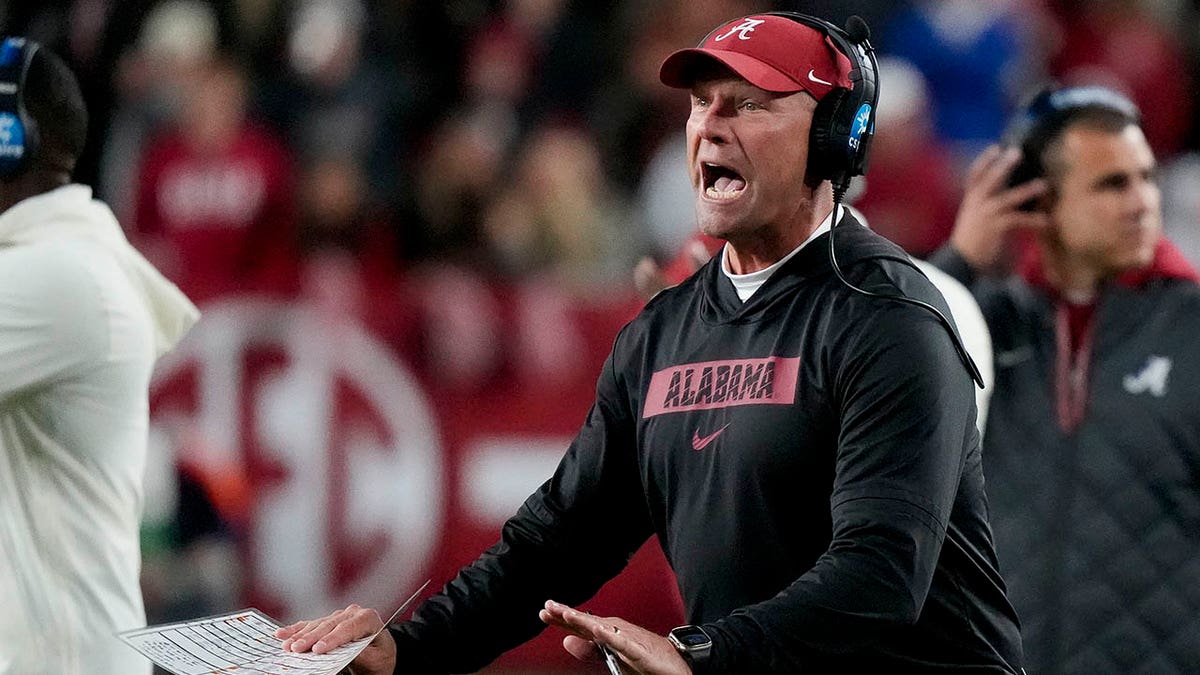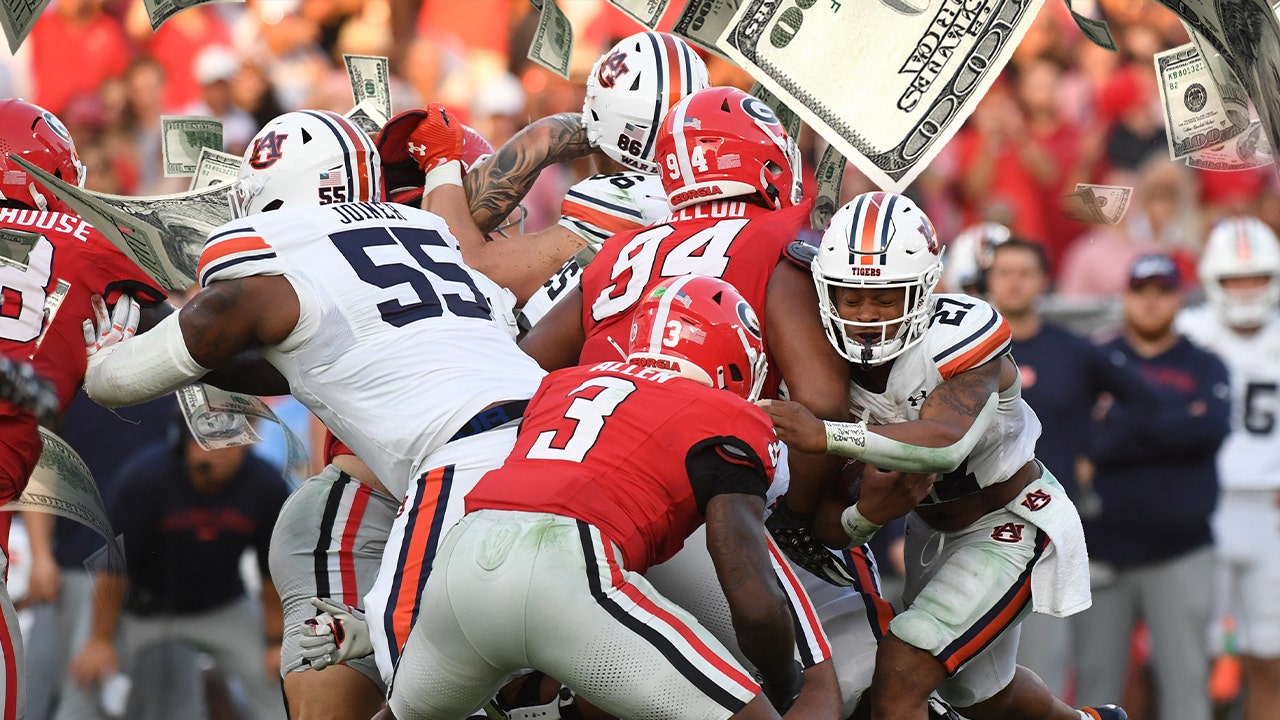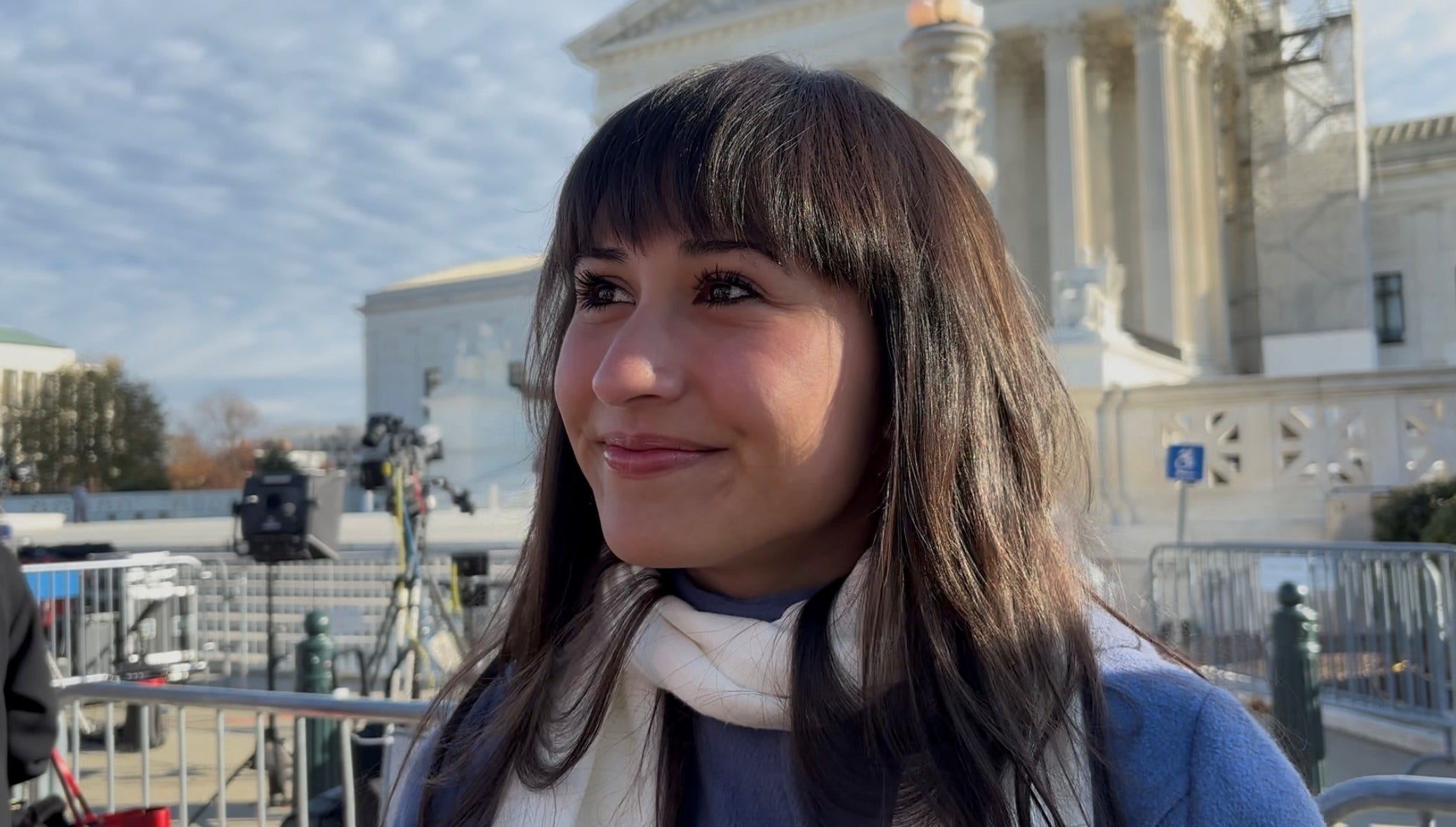Whether their fans are cheering “Roll Tide,” “War Eagle,” “Go Dawgs” or even “Texas, Fight!”, lawmakers across the Deep South are working on legislation to exempt student-athletes’ name-image-likeness (NIL) income from taxation.
Proponents say the move will boost recruitment abilities for their schools – thereby bringing in the needed financial boost to academics – and also level the playing field for colleges that are not in states which have no income tax in general.
In Alabama, the state lawmaker representing Auburn told Fox News Digital he’s put forth legislation that would exempt any NIL income from the state’s income tax.
GOP state Rep. Joe Lovvorn said that with Georgia working on similar legislation, it was important for him to get Alabama on track to do the same.
ALABAMA GOV SIGNS ‘WHAT IS A WOMAN’ ACT
“Until there is some level of uniformity across the board, states will need to do whatever they can to ensure their colleges and universities are in a position to succeed,” Lovvorn said. “I hope this situation serves as another reminder to Congress and the NCAA that national standards governing NIL and the transfer portal are needed sooner rather than later.”
Just across the Chattahoochee River, Georgia lawmakers are continuing to pursue their legislation, with one noted Dawgs-fan lawmaker saying he was happy to see the state’s Saturday rival follow suit.
State Sen. Brandon Beach, R-Alpharetta, quipped that college football is a “religion” in the Southeast, particularly among the SEC schools.
“As far as the athletes being paid, the genie is out of the bottle… We just need to make sure we have some guardrails or something and so on in place to make sure that it’s just not the Wild, Wild West. And that’s what’s going on right now,” said Beach, who is leading Georgia’s version of the legislation.
MIGRANT CONTROVERSY HITS HEARTLAND AS ALABAMA COUNCIL MEETING BOILS OVER

Another consideration in Atlanta is the fact that other SEC schools are located in states without an income tax at all – including Tennessee and Texas A&M.
“I’m not saying that’s the reason they made the college playoffs, but they are able to get five-star athletes and be competitive and put a good product on the field — what I want to do is, provide a good product to offer.”
Beach said that, as of late, too many star athletes are transferring schools, comparing that dynamic to the past when players were iconically associated with their schools because of their longevity with the program.
He cited Eli Manning and Ole Miss, Peyton Manning and Tennessee, and Matthew Stafford and Georgia, in that regard.
Conversely, he cited reports the tax factor played into college quarterback Carson Beck’s transfer from the Bulldogs to the University of Miami Hurricanes.
“You will pay zero income tax in the state of Florida on that $4 million of [NIL] income. In Georgia, you pay 5.3% — $230,000.”
Meanwhile, a source familiar with negotiations over state NIL bills said there is some hesitation to move forward until Congress weighs in – in hopes of standardizing tax relief for NIL income across the board.

A prominent constituent of Lovvorn’s who spent years as the face of the Tigers’ front office said that federal lawmakers are indeed looking to bring about the clarity and consistency that state officials have asked for.
Sen. Tommy Tuberville, R-Ala., who engineered 80 wins in his decade as Auburn’s coach, quipped that the idea of tax-free NIL money makes him want to go back and work his way through the collegiate system again as a player.
“A lot of these kids make a lot of money,” Tuberville said, adding that while he does not want to interfere with state legislators, he and Senate Commerce Committee chairman Ted Cruz of Texas have been trying to “make all 50 states the same.”
Tuberville said there should not be an advantage for one state over the other, and that if action is not taken on NIL, “you’re going to lose a lot of sports and it’s just unfortunate.”
He noted the importance college sports play in training U.S. Olympians, and suggested the issue needs legislative clarity before the games come to Los Angeles in a few years.
Read the full article here










